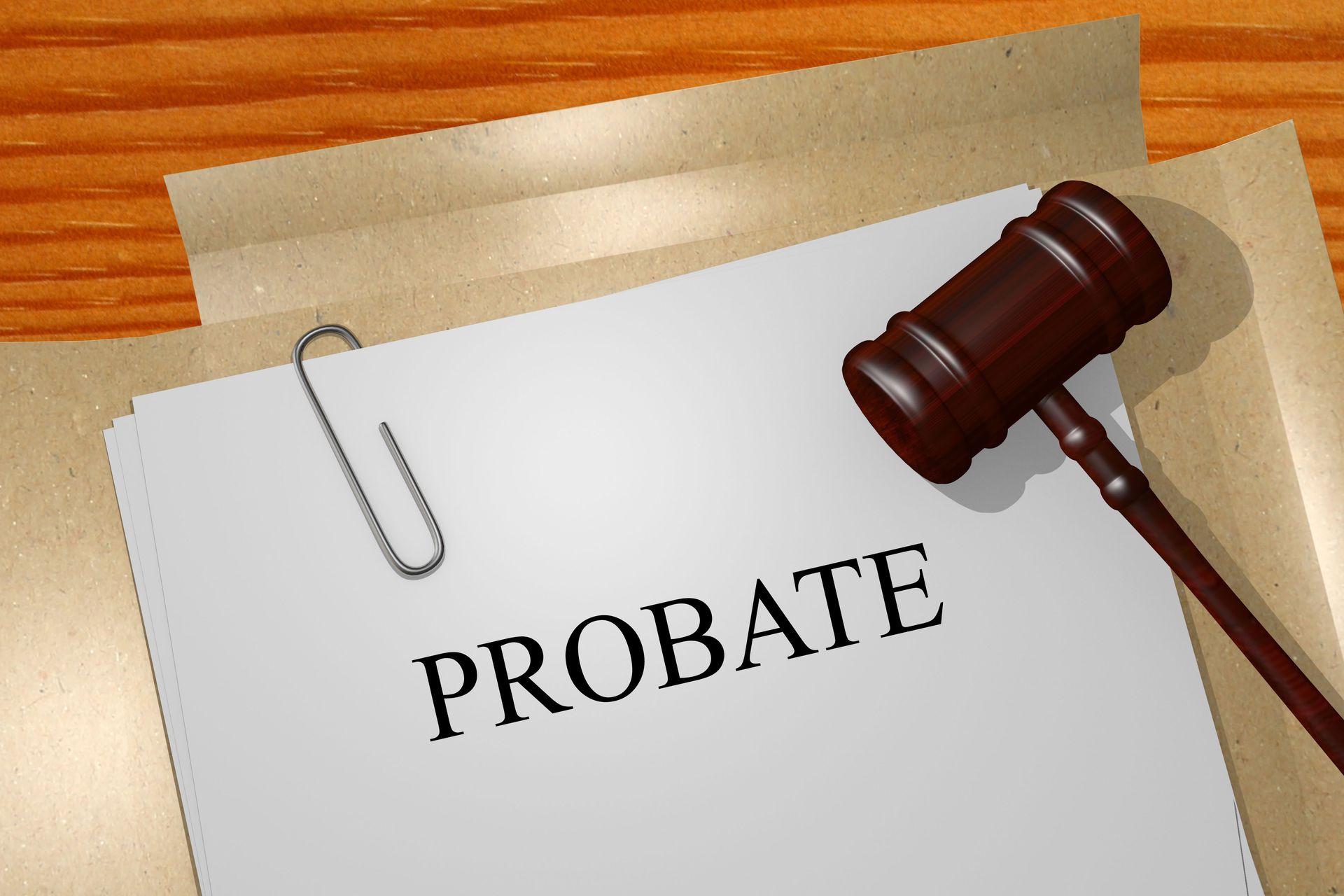Gift Giving and What to Do About IRS Form 709; Elder Law Attorney Woodstock, Georgia
Most people give gifts all the time without even thinking about the potential tax ramifications. Yet technically, whenever you give something to someone, you have to follow the gift-tax rules. Fortunately, those rules don’t require you to file a gift tax return every single time someone celebrates a birthday or other special event, but it’s important to understand when you’ll need to become acquainted with IRS Form 709. Let’s take a closer look at gift tax rules with an eye toward helping you avoid the need to deal with the IRS.
The Motley Fool’s article, “Form 709: Do You Need to File a Gift Tax Return?” says that the purpose of IRS Form 709 is to report gifts that are subject to gift and generation-skipping transfer taxes. Now this might sound cumbersome, however, there are some favorable rules make the many gifts exempt from reporting requirements.
The annual exclusion lets you give up to $14,000 in cash or property to another without having a taxable gift, which prevents most of the regular holiday or birthday gifts from being taxable. Unlimited gifts to spouses are also typically permitted without having to file Form 709. This annual exclusion applies to each person receiving a gift—so if your child is married, you can give $14,000 to your child and another $14,000 to her spouse without any gift tax. The same thing works for your spouse: he can make $14,000 gifts to as many people as he wants, regardless of the gifts that you’ve made.
A special rule allows a spouse in a married couple to make double-sized gifts and have them viewed as made equally by both spouses. This might keep you from paying a tax, but you’ll still have to file a gift tax return in order to claim it. There are other exclusions that will keep you from having to file Form 709, such as the educational exclusion and the medical exclusion. These aren’t considered taxable gifts, so no gift tax return is necessary. However, you must make the “gifts” directly to the institution, not the beneficiary, to qualify for this valuable exclusion.
Even if you made a taxable gift, the tax code gives you some help. The federal gift and estate tax provides for gifts made during your lifetime to be treated the same as gifts made from your estate after your death. Each person has a lifetime exemption from gift and estate tax which stands at $5.43 million in 2015. So even after you use up your $14,000 annual exclusion, any remaining gift amount applies towards your lifetime exemption amount.
Gift tax returns are frequently needed for more complex estate planning strategies, so talk with a qualified elder law or estate planning attorney about future interests and generation-skipping issues. He or she can create a wise strategy for your situation and will take care of preparing the Form 709 so that you meet all the requirements.
Reference : The Motley Fool (October 3, 2015) “Form 709: Do You Need to File a Gift Tax Return?”


Marietta, GA
Main Phone: (678) 250-9355
Woodstock, GA
2230 Towne Lake Pkwy
Building 1200, Suite 120
Woodstock, GA 30189
Main Phone: (678) 250-9355
BUSINESS HOURS
Monday to Friday
8:30am - 12:00pm
Closed for lunch
1:00pm - 4:30pm
Closed Saturday, Sunday
GET OUR NEWSLETTER
We believe that smart decisions begin with accurate information. Sign up for our monthly newsletter and get advice on how to secure your financial legacy.
Elder Care and Estate Planning Tips, Advice & Resources. Sign up now.
Get Our Newsletter Form
We will get back to you as soon as possible.
Please try again later.













